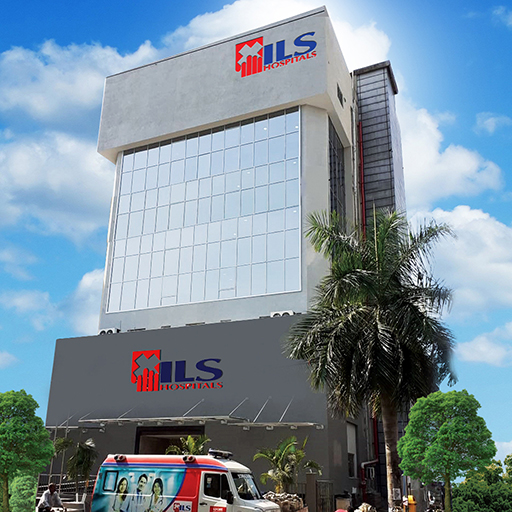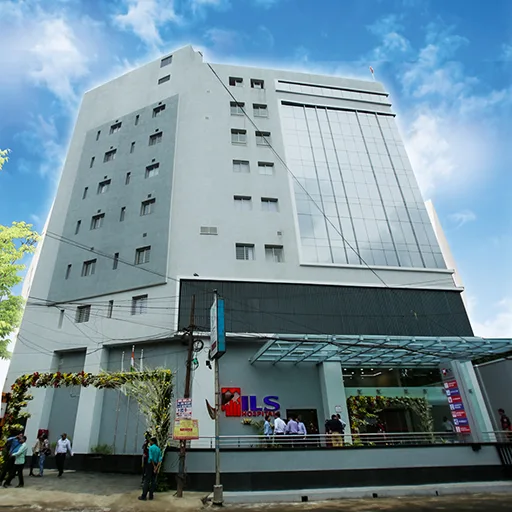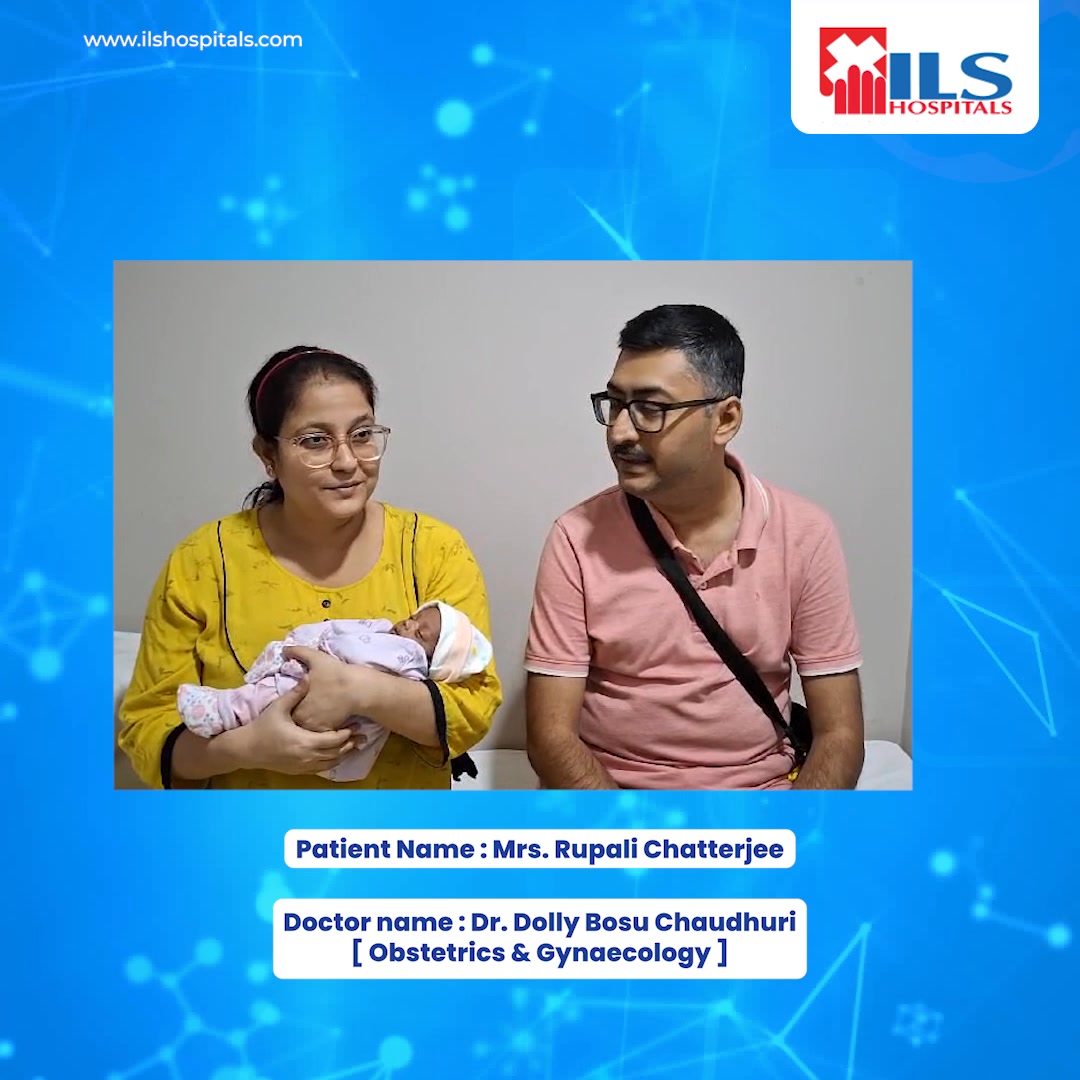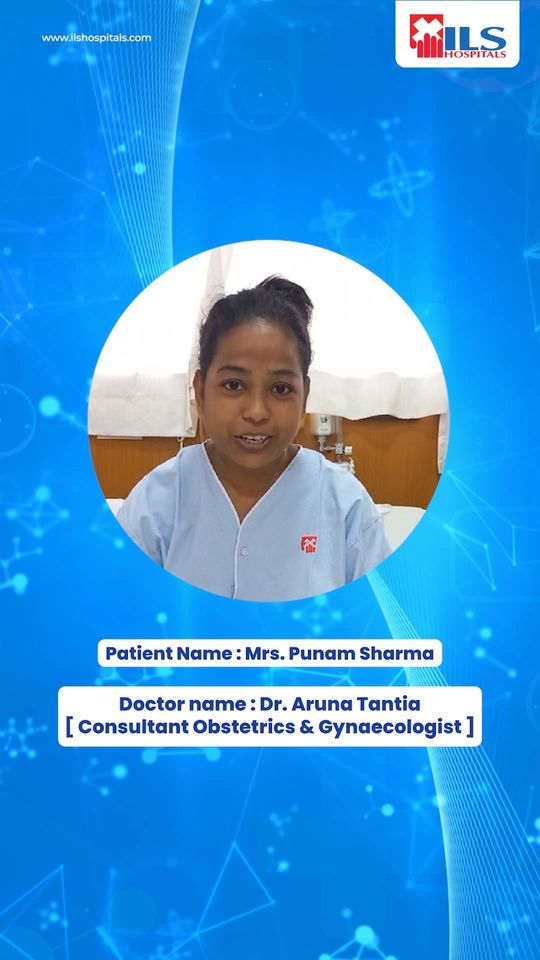Breast Cancer
Breast cancer is one of the most frequent cancers among women. It occurs when cancerous cells in the breasts multiply and become tumors. Approximately 80% of breast cancer cases are invasive, which means that a tumor can move from the breast to other parts of the body. Breast cancer mainly affects women aged 50 and older; however, it can also affect women under the age of 50. Men can also develop breast cancer.
Types of Breast Cancer
Cancer kinds and subtypes are determined by healthcare experts in order to adapt treatment to be as successful as possible while causing the fewest number of negative effects. The most common kinds of breast cancer are:
- Invasive (infiltrating) ductal carcinoma (IDC)
- Lobular breast cancer
- Ductal carcinoma in situ (DCIS)
Lesser common breast cancer types include:
- Triple-negative breast cancer (TNBC)
- Inflammatory breast cancer (IBC)
- Paget’s disease of the breast
Symptoms
The symptoms may include:
- A variation in the size, shape, or contour of your breast.
- A mass or lump that can feel as small as a pea.
- A lump or thickening in or near your breast or underarm that remains throughout your menstrual cycle.
- A change in the appearance or texture of the skin on your breast or nipple. Your skin may appear dimpled, puckered, scaly, or inflamed. It may appear red, purple, or darker than other areas of your breast.
- A marble-like hardened area beneath your skin.
- A bloody or clear fluid discharge from your nipple.
Causes
Breast cancer develops when breast cells mutate and become malignant cells, which proliferate and multiply to form tumors. They aren’t sure what causes the transformation. However, research indicates that various risk factors can raise your chances of having breast cancer. This includes:
- Age
- Sex
- Family history
- Genetics
- Smoking
- Drinking beverages containing alcohol
- Having obesity.
- Radiation exposure
- Hormone replacement therapy
Diagnosis
To detect breast cancer, healthcare providers may conduct physical examinations or order mammograms. However, they use the following tests to diagnose the disease:
- Breast ultrasound.
- A breast magnetic resonance imaging (MRI) scan.
- Breast biopsy.
- An immunohistochemistry test to detect hormone receptors.
- Genetic tests are used to identify mutations that cause breast cancer.
Breast Cancer Treatment at ILS Hospital
At ILS Hospital, we offer comprehensive, personalized care for breast cancer, focusing on advanced treatments and compassionate support. Our multidisciplinary team of expert oncologists, surgeons, radiologists, and nurses work together to create tailored treatment plans based on the patient’s specific diagnosis.
- Diagnosis: We use advanced diagnostic tools such as mammography, ultrasound, biopsy, MRI, and PET scans to accurately diagnose and stage breast cancer.
- Surgery: Our surgical options include lumpectomy (removal of the tumor) and mastectomy (removal of the breast), performed with the goal of preserving as much healthy tissue as possible while ensuring complete cancer removal.
- Chemotherapy: Chemotherapy is used before or after surgery to shrink tumors or kill remaining cancer cells. Our chemotherapy regimens are customized to each patient’s specific needs.
- Radiation Therapy: For many patients, radiation therapy is recommended post-surgery to target and eliminate any remaining cancer cells in the breast, chest wall, or lymph nodes.
- Hormone Therapy: If the breast cancer is hormone receptor-positive, hormone therapy is used to block hormones like estrogen and progesterone that may fuel cancer growth.
- Targeted Therapy & Immunotherapy: For certain types of breast cancer, such as HER2-positive or triple-negative breast cancer, we offer targeted therapies and immunotherapy to specifically attack cancer cells, improving treatment effectiveness.
- Rehabilitation & Support: We provide post-treatment support, including psychological counseling, physical therapy, and nutrition counseling, to help patients recover and improve their quality of life.
ILS Hospital is dedicated to providing high-quality, comprehensive breast cancer care with a patient-centered approach, ensuring the best possible outcomes and support throughout the treatment journey.
Prevention
The following are steps to prevent breast cancer:
- Get to and maintain a healthy weight.
- Eat a healthy diet.
- Get moving.
- Avoid beverages that contain alcohol.
- Get a screening.
- Conduct regular self-examinations.
Breast cancer remains one of the most serious health issues, but with early detection and proper treatment, the prognosis for many people is extremely favorable. Understanding the symptoms, risk factors, and treatment options allows people to take charge of their health. Regular screenings, self-exams, and living a healthy lifestyle are all important factors in lowering the risk of breast cancer and assuring early detection when necessary. If you see any changes in your breasts or are concerned about your risk, see a healthcare practitioner for advice and testing.



































